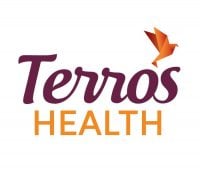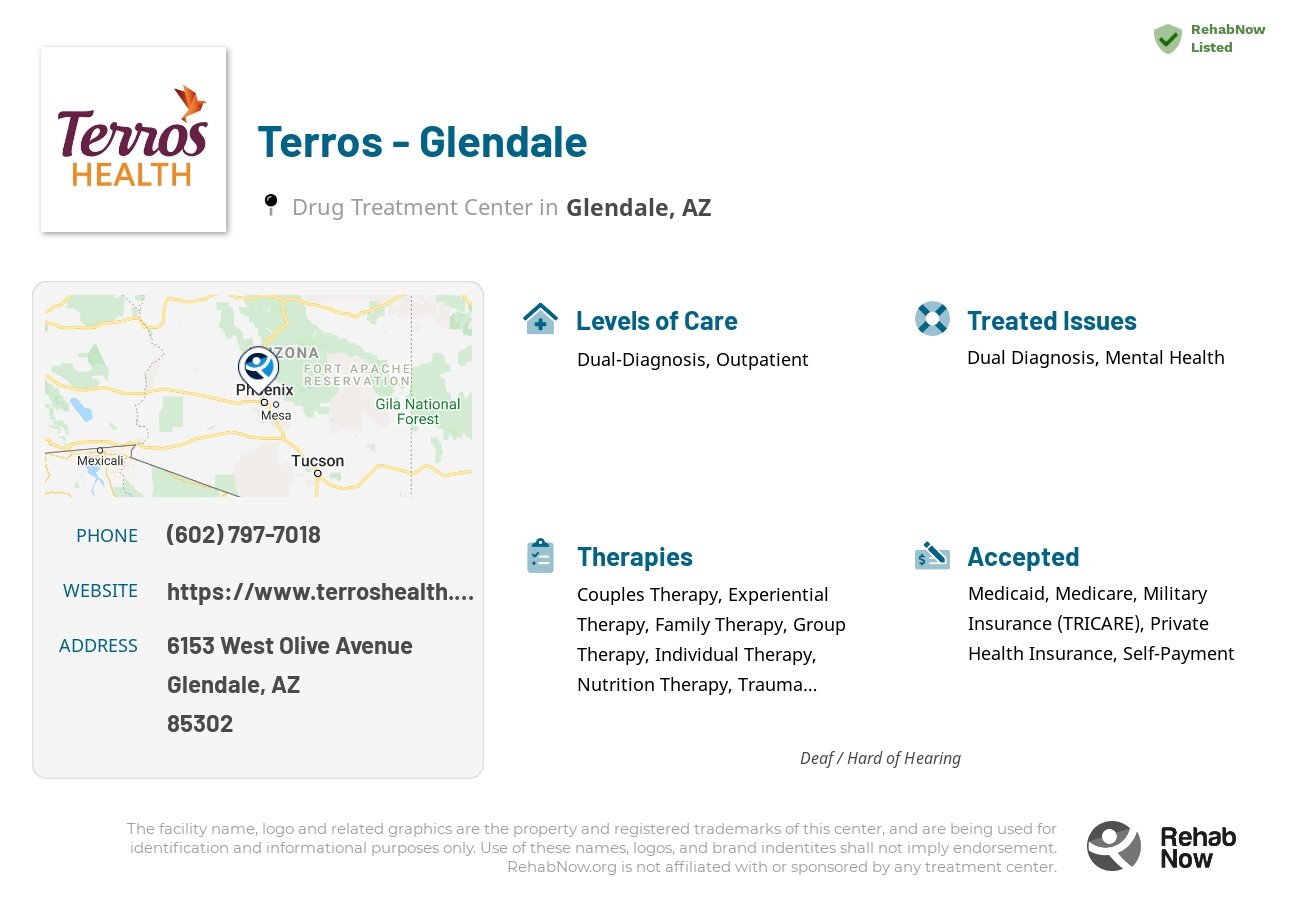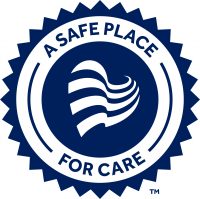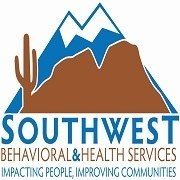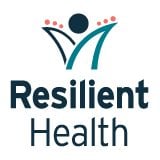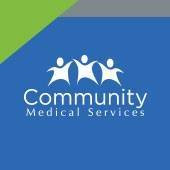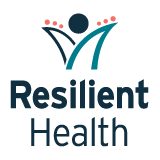Terros - Glendale
Drug Rehab Center in Glendale, Arizona
Terros - Glendale is a comprehensive addiction and behavioral health care facility in Glendale, AZ that offers evidence-based treatments, individualized care, and a variety of programs including residential, outpatient, and detoxification programs, as well as support for co-occurring mental disorders and family members.
About This Arizona Facility
Terros - Glendale, located in Glendale, Arizona, is a treatment facility that caters to individuals seeking help for addiction and substance abuse issues. Terros - Glendale specializes in treating Dual Diagnosis, Mental Health, Alcoholism, Opioid Addiction, Drug Addiction, and Substance Abuse. They offer a range of treatment options to suit different needs, including Dual-Diagnosis, Outpatient, Detox, Aftercare Support, and Partial-Hospitalization Levels of Care. In addition to their expertise in addiction recovery, Terros - Glendale is affiliated with Terros Health, showcasing their dedication to providing comprehensive and integrated care for individuals seeking sobriety.
Terros - Glendale provides a variety of services and treatment methods to assist those struggling with addiction and substance abuse. Their approach is holistic, addressing both mental health and addiction issues, through their Dual Diagnosis program. This program is designed to treat individuals dealing with co-occurring mental health disorders alongside substance abuse problems. Additionally, Terros - Glendale offers outpatient treatment options for those who require flexibility in their recovery journey. Their aftercare support program ensures that individuals receive ongoing support and guidance even after completing treatment. By providing a comprehensive and individualized approach, Terros - Glendale strives to empower individuals to overcome their addiction and achieve lasting recovery.
Genders
Ages
Modality
Additional
Conditions and Issues Treated
There are different kinds of Dual Diagnosis:. A person who simultaneously experiences both a mental illness and an addiction disorder. Or, a person who experiences one or more coexisting (simultaneous) mental health conditions in addition to a primary substance use disorder.
The treatment requires a multi-disciplinary approach, it’s crucial for individuals to partner up with a healthcare provider who understands all the recovery components.
Levels of Care Offered at Terros - Glendale
This center offers a variety of custom treatment tailored to individual recovery. Currently available are Dual-Diagnosis, Outpatient, with additional therapies available as listed below.
The outpatient programs in Glendale, AZ are for those addicted drugs or alcohol. The goal of the outpatient rehabilitation program is to make them stop abusing drugs or alcohol, reduce drug use or addictive behaviors, and become entirely sober. It is generally required to attend the outpatient program for 10-12 hours every week.
Patients can be administered on-the-spot medication to ease withdrawal symptoms such as anxiety, increased heart rate, and even depression. Groups such as Alcoholics Anonymous (AA) and Narcotics Anonymous (NA) can be used as a part of outpatient treatment to help maintain sobriety.
Therapies & Programs
People in addiction recovery can benefit from individual therapy. This type of therapy involves meeting with a therapist one-on-one. This allows for a personal and trusting relationship to be built so that the patient can be truly themselves and express any emotions they feel. Individual therapy leads to greater understanding and peace about your triggers for addiction and coping strategies to prevent relapse.
Couples therapy for drug addiction is based on the belief that addiction is a family disease. Everyone involved with an addict, not just the addict themselves, is affected by their behavior and the changes the addict goes through. The relationship also changes the addict’s significant other and has likely picked up some codependent behaviors. Codependency is a term used to describe a person obsessed with another person and their needs and feelings while neglecting their own. Addicts are usually people-pleasers, so it is understandable how one can become codependent in relationships with addicts.
Family therapy is a type of group problem-solving that aims to improve communication and relationships between the patient, their family, and sometimes friends. The main goal of family therapy for drug addiction is to create an environment where communication can occur without judgment, hostility, or blame. The therapist is with the family as they learn to communicate with each other differently, especially with the addict when s/he is using.
Group therapy sessions are held in rehab facilities, clinics, churches or community centers that offer drug addiction treatment. People who attend these groups are encouraged to voice their feelings and support other addicts in recovery. This helps group members strengthen their own recovery program while cheering on others who are struggling with sobriety.
Group therapy sessions provide recovering addicts with a chance to cope with everyday situations that many face. Group therapy sessions are held in rehab facilities, clinics, churches or community centers that offer drug addiction treatment.
People who attend these groups are encouraged to voice their feelings and support other addicts in recovery. This helps group members strengthen their own recovery program while cheering on others who are struggling with sobriety.
If you’re looking for addiction treatment, it’s important to find a facility that offers trauma therapy. This type of therapy helps people process and understand the past traumas that have led to their addiction. Trauma therapists will work with clients to help them understand their past and present relationships and show them that they are worthy of love. This therapy is typically done using visualization, discussion, and writing down thoughts and feelings.
Trauma Therapy is a form of therapy that involves working with a patient to help them process and understand the past trauma(s) in their life. This therapy is typically done using techniques such as visualization, discussion, and writing down thoughts and feelings. The main goals of trauma therapy is to help clients express their emotions and talk about what they are feeling.
Cognitive Behavioral Therapy (CBT) helps addicts identify faulty, negative thinking so that they can work together with the therapist to find healthier ways of thinking. CBT focuses on specific aspects of each person’s thinking, feeling, physiology, and behavior. It aims to identify specific problems in these areas, and create a personalized treatment strategy.
Addicts often experience intense cravings for sugary foods during recovery. By teaching addicts how to eat well and stay healthy, therapists can help them manage their cravings over the course of treatment.
During these sessions, Glendale, Arizona dietitians and therapists will offer advice about healthy eating options and teach addicts how to make specific changes in their diet that can help reduce the effects of cravings during recovery.This type of therapy is often used in conjunction with other types of addiction treatment services. By identifying specific triggers and developing strategies to help addicts avoid relapse, most individuals can overcome their cravings and stay sober for good after they finish rehab.
The first step to becoming a non-smoker is the choice to quit smoking. Nicotine replacement therapies are effective because they provide you with the nicotine you are addicted to without inhaling carcinogens from cigarettes.
There are several types of NRT. These include:
- Nicotine gum
- Nicotine patches (transdermal systems)
- Nasal spray
- Lozenges
The benefits to using NRT can include:
- Reduce the risk of heart disease and cancer
- Reduce the anxiety and irritability associated with quitting smoking
- Reduce the risk of type II diabetes.
- Improved fertility in women
Patient Experience
Experiential Therapy at Terros - Glendale
Experiential Therapy allows addicts to release emotions in a safe environment. The process involves addicts painting their feelings and releasing them on a canvas. LPE – Love, Peace, and Equilibrium is one of the most popular forms of experiential therapy.
Payment Options Accepted
For specific insurance or payment methods please contact us.
Is your insurance accepted?
Ask an expert, call (888) 674-0062
Terros Health Associated Centers
Discover treatment facilities under the same provider.
- Maverick House in Glendale, AZ
- Terros - Stapley Drive Integrated Care & LADDER in Mesa, AZ
- Terros - East Mcdowell in Phoenix, AZ
- Terros in Phoenix, AZ
- Terros - Recovery Clinic in Phoenix, AZ
Learn More About Terros Health Centers
Additional Details
Specifics, location, and helpful extra information.
Glendale, Arizona 85302 Phone Number(602) 797-7018 Meta DetailsUpdated November 25, 2023
Staff Verified
Patient Reviews
There are no reviews yet. Be the first one to write one.
Glendale, Arizona Addiction Information
Arizona has some of the highest rates of prescription drug abuse in the United States. Methamphetamines, heroin and morphine are among the most commonly abused substances. Prescription pain relievers were prescribed to 348 million people in 2012, enough to medicate every adult in Arizona for 2 full weeks. The number of people with substance use disorders in Arizona has remained relatively constant over the past few years.
Glendale, Arizona has had a big impact on the community concerning drug addiction and abuse. According to statistics, nearly 10% of Glendale residents reported past-month use of an illicit drug. Prescription and synthetic opioids were involved in 5,669 drug overdose deaths in 2016. There are many different types of drug treatment facilities in Glendale, Arizona. Some of the most common types of treatment include detoxification, inpatient rehabilitation, and outpatient rehabilitation.
Treatment in Nearby Cities
- Sacaton, AZ (42.8 mi.)
- Sahuarita, AZ (132.5 mi.)
- Kingman, AZ (154.5 mi.)
- Laveen, AZ (14.1 mi.)
- Cornville, AZ (81.1 mi.)
Centers near Terros - Glendale
The facility name, logo and brand are the property and registered trademarks of Terros - Glendale, and are being used for identification and informational purposes only. Use of these names, logos and brands shall not imply endorsement. RehabNow.org is not affiliated with or sponsored by Terros - Glendale.
